Gluten-Free. Keto. Low Carb. Healthy Gut Bacteria (Probiotics).
You may have seen my Easy Classic Kimchi recipe that I posted back in April. It is one of the very first recipes I posted and I am happy to end the year with the non-spicy, refreshing version of it: White Kimchi.
This post is short and sweet. If you want to see a step-by-step photo of the process, please refer to the Easy Classic Kimchi. If you have any questions or concerns, you can find me on Instagram at: @craving_nomz!
Happy Holidays!
Love pickled veggies? Check out these recipes:




- Easy Chonggakmu aka Ponytail Radish Kimchi
- Easy Lacto-fermented Carrots & Serranos
- Sweet & Spicy Turmeric Pickled Onions
- Easy Classic Kimchi

Easy White Kimchi
Equipment
- mason jar or fermentation container
Ingredients
Vegetables to salt
- 1/2 medium napa cabbage
- 1/4 small daikon
- 2 tbsp coarse sea salt
- 1/2 small carrot optional
Brine
- 1/2 tbsp glutinous rice flour
- 1 cups water
- 1/2 tbsp Korean fish sauce or soy sauce
- 1 tsp salt
- 1 tbsp sugar
- 2 cloves garlic minced
- 1 tsp ginger minced
- 1 scallion stalk
- 2 tbsp reserved kimchi brine from the previous batch* optional
Instructions
Prepare the vegetables
- Slice the daikon into cubes or half circles that are about 1/4" thick. Chop up the napa cabbage into 2-3" wide pieces. (optional) Cut the carrot into thin matchsticks, about 2-3" thick.
- Add all the cut veggies into a large bowl with 2 tbsp coarse salt and 1 cup water. Let soak for about 4 hours, mixing the mixture up every hour.
Make the brine
- Mix together glutinous rice flour with water in a pot and heat over medium heat, stirring until it has thickened and looks slightly cloudy.
- Mix in salt, sugar, and fish sauce. Once the mixture has cooled, add minced garlic and ginger and any reserved kimchi brine* (optional).
Fermenting
- If you are using mason jars or some other heat-safe container, sanitize them by dunking them in hot water. Drain and let cool. If you are using plastic, make sure that your containers are clean.
- When the napa cabbage easily bends but still holds a crunch, it is ready for the fermentation step. Thoroughly rinse the veggies you prepared earlier and let them drain in a colander.
- Tightly pack your fermenting containers with the veggies, making sure to press down to remove any trapped air. Leave about 1.5" of space at the top. Pour your brine over the vegetables, completely covering them. It is ok if some veggie pieces float to the top.
- Cover and leave, place it on a drip tray, and leave it to ferment in a dark place at room temperature for about 2 days or when it becomes very bubbly and the vegetables starts becoming tangy. Be careful opening the containers for the first time, and I highly recommend opening them in a sink since the fermentation process introduces gases, and the kimchi may force its way out.
- Store in the fridge and enjoy within a month.
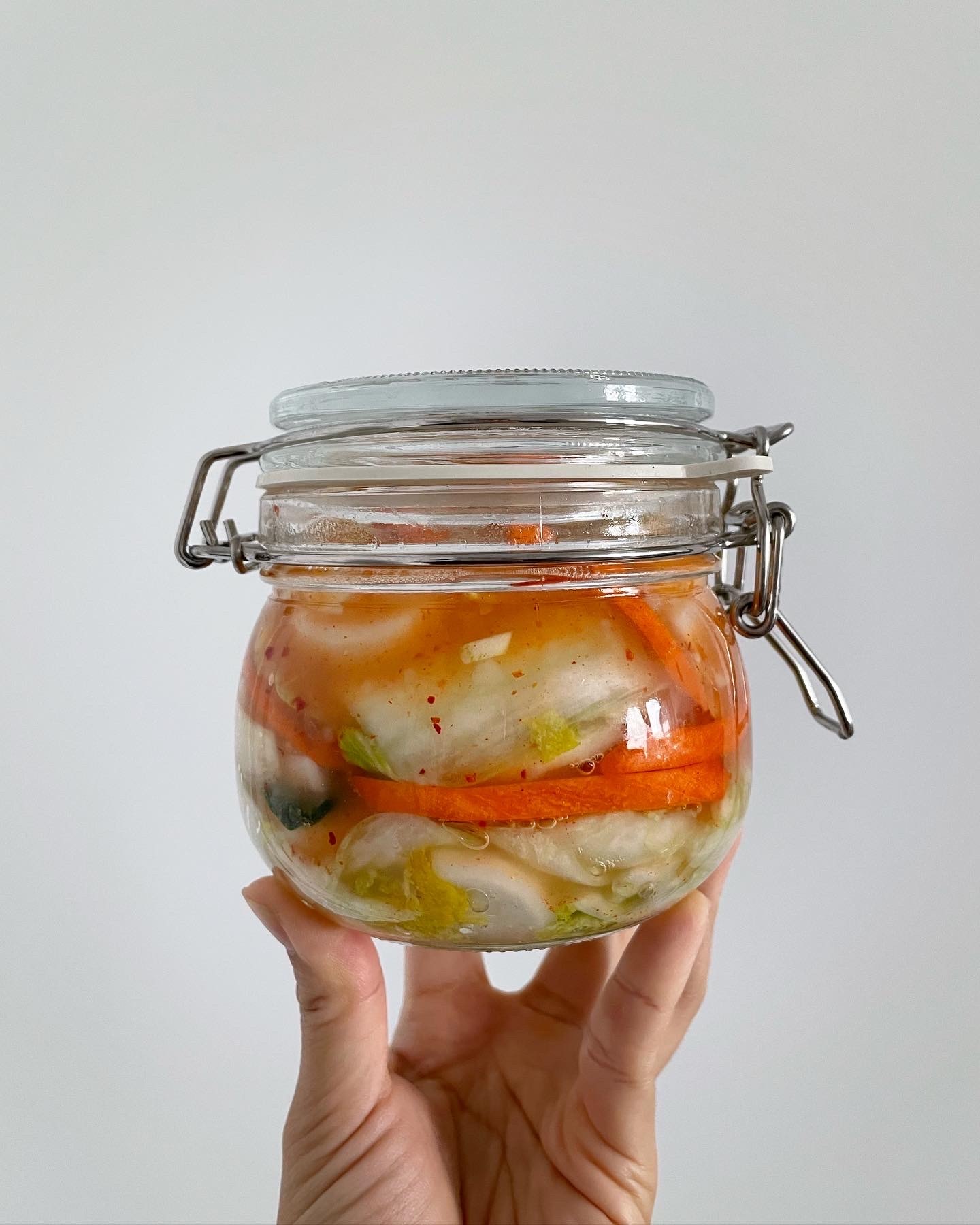








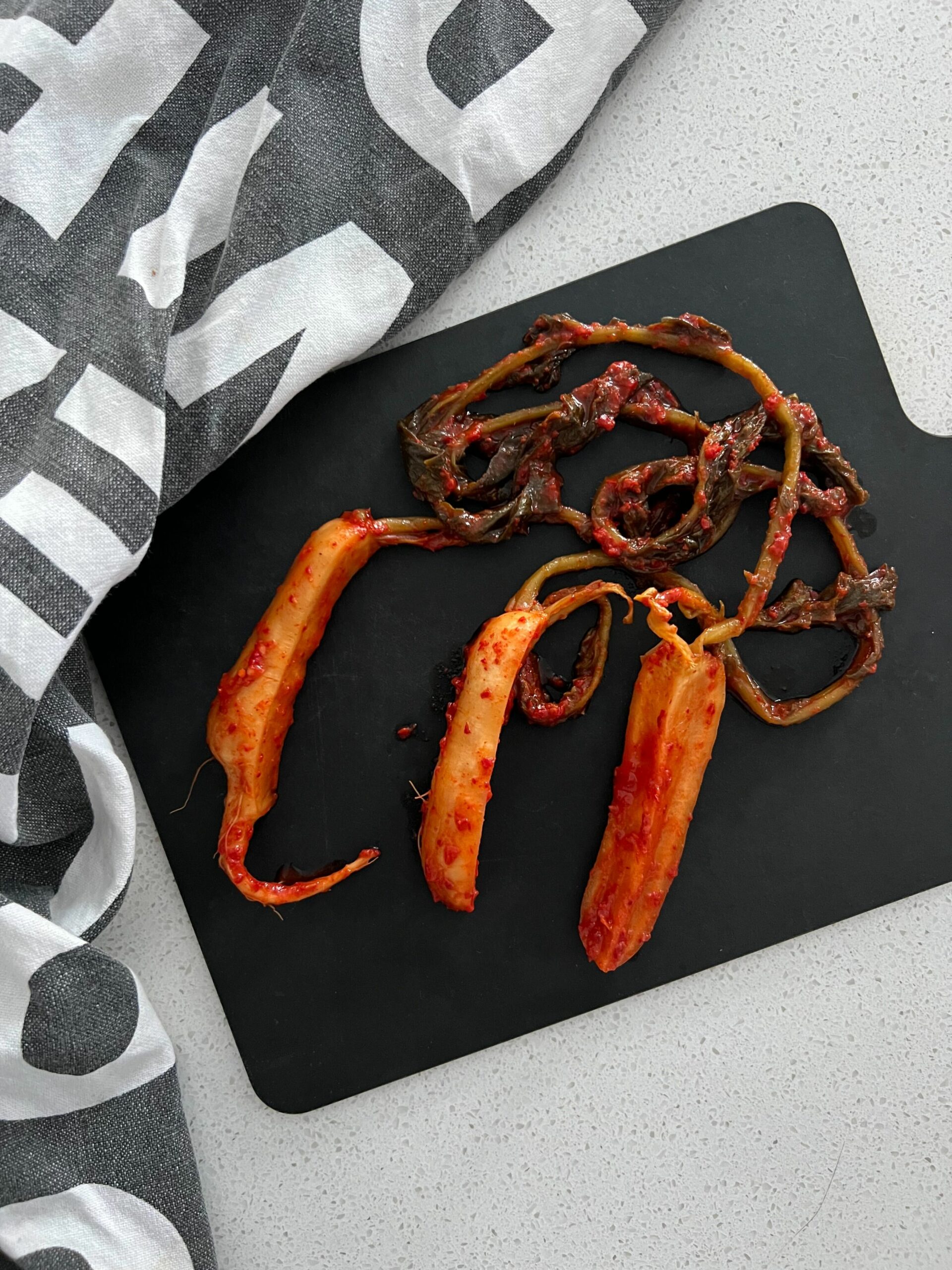
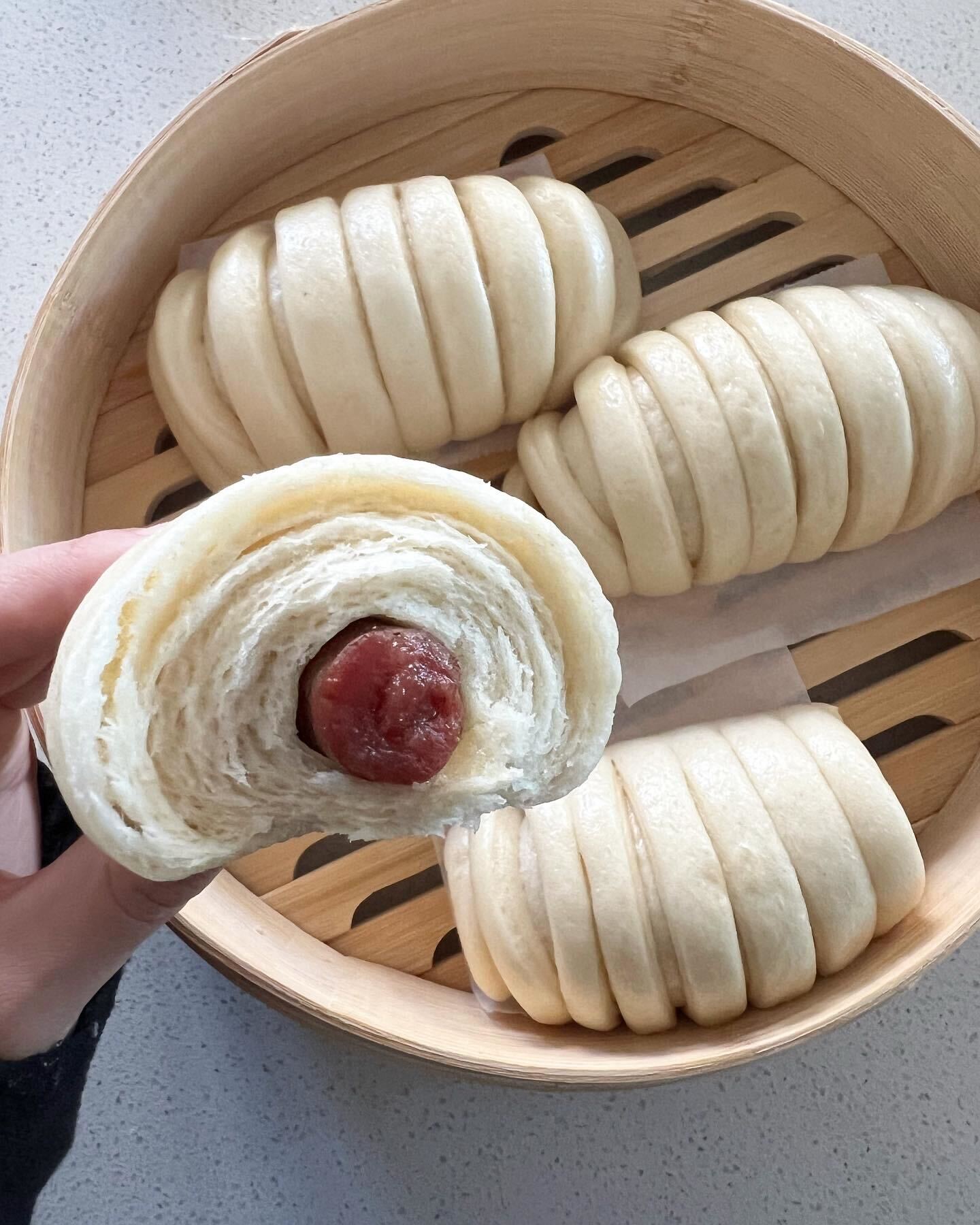
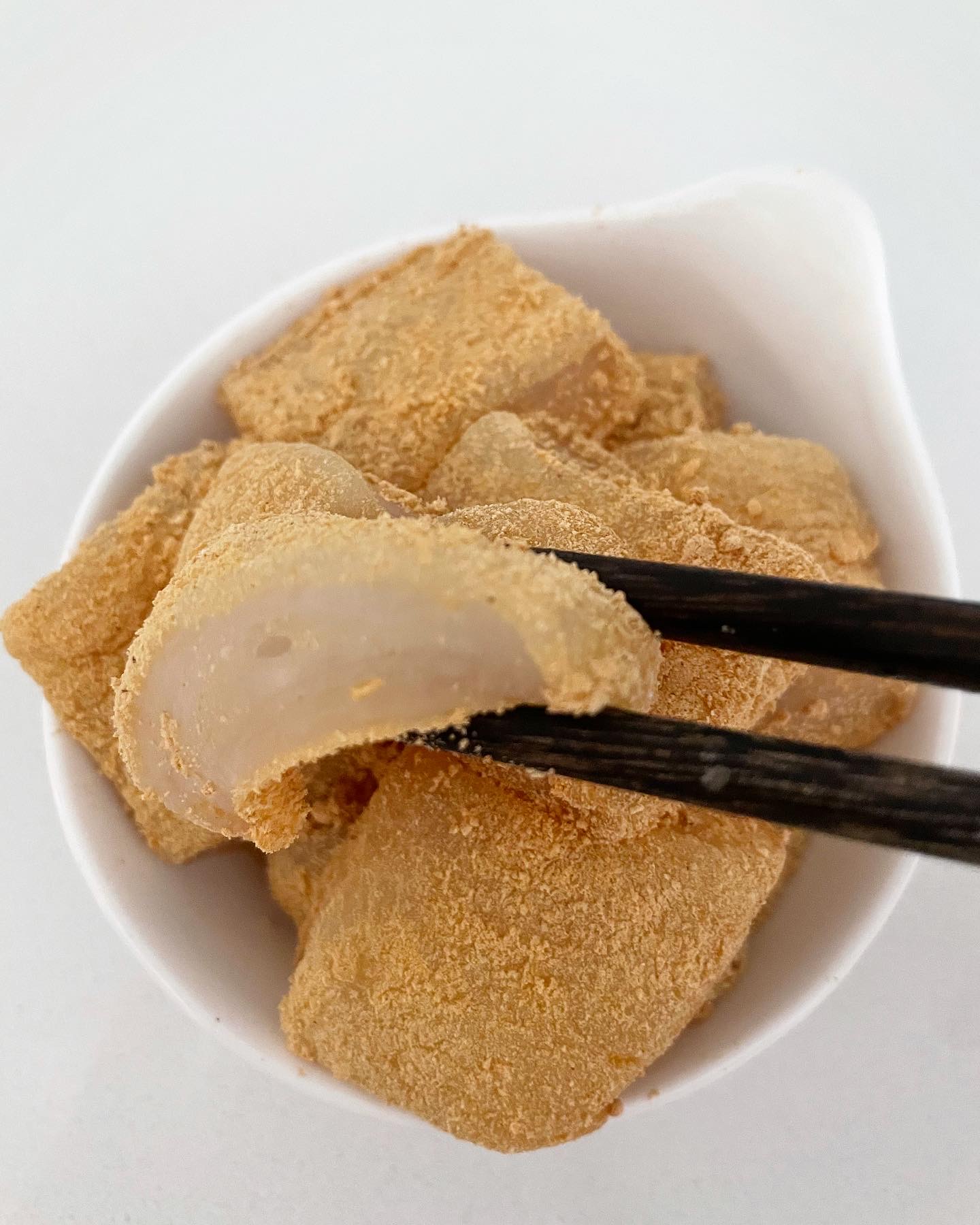
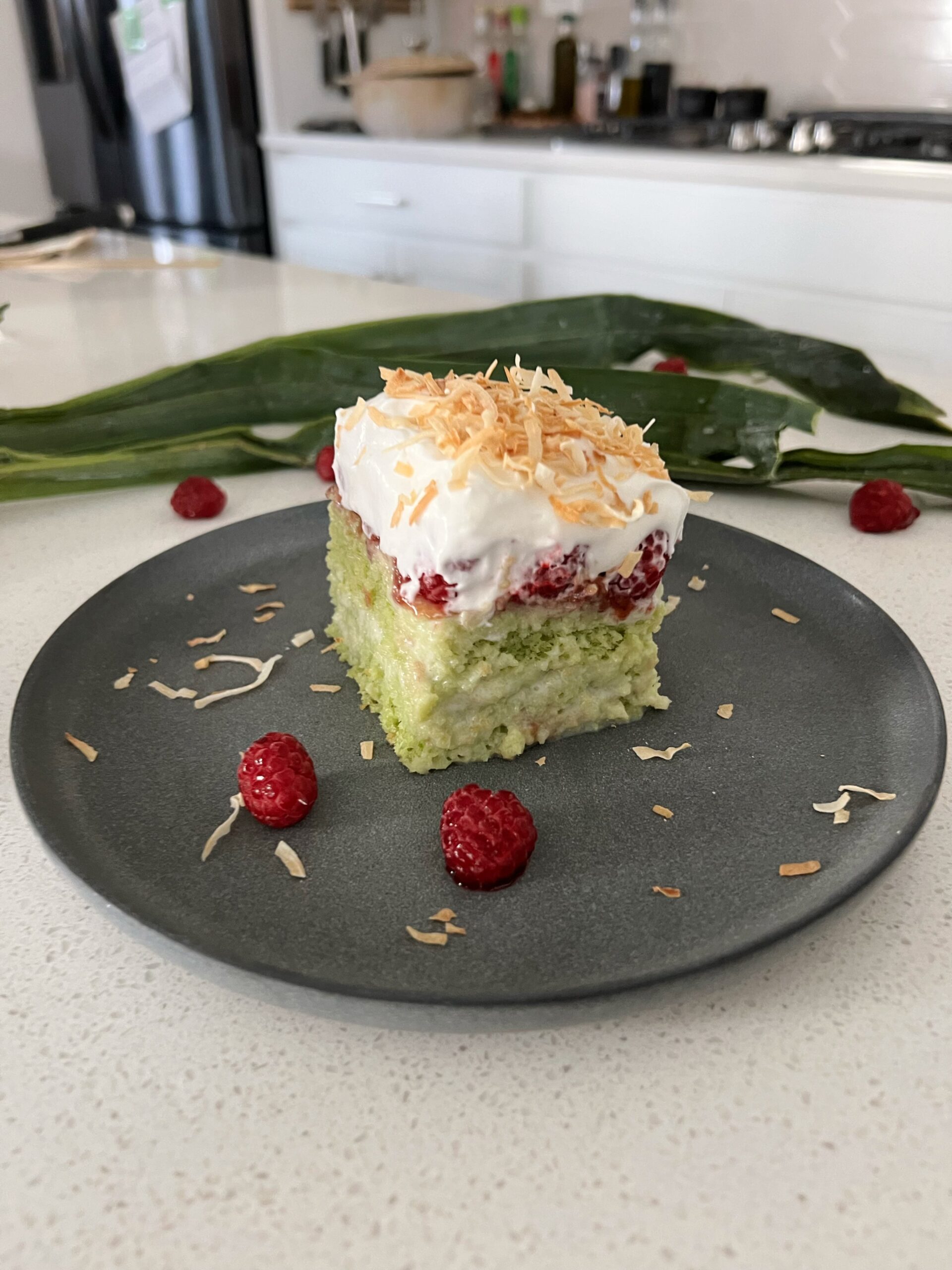
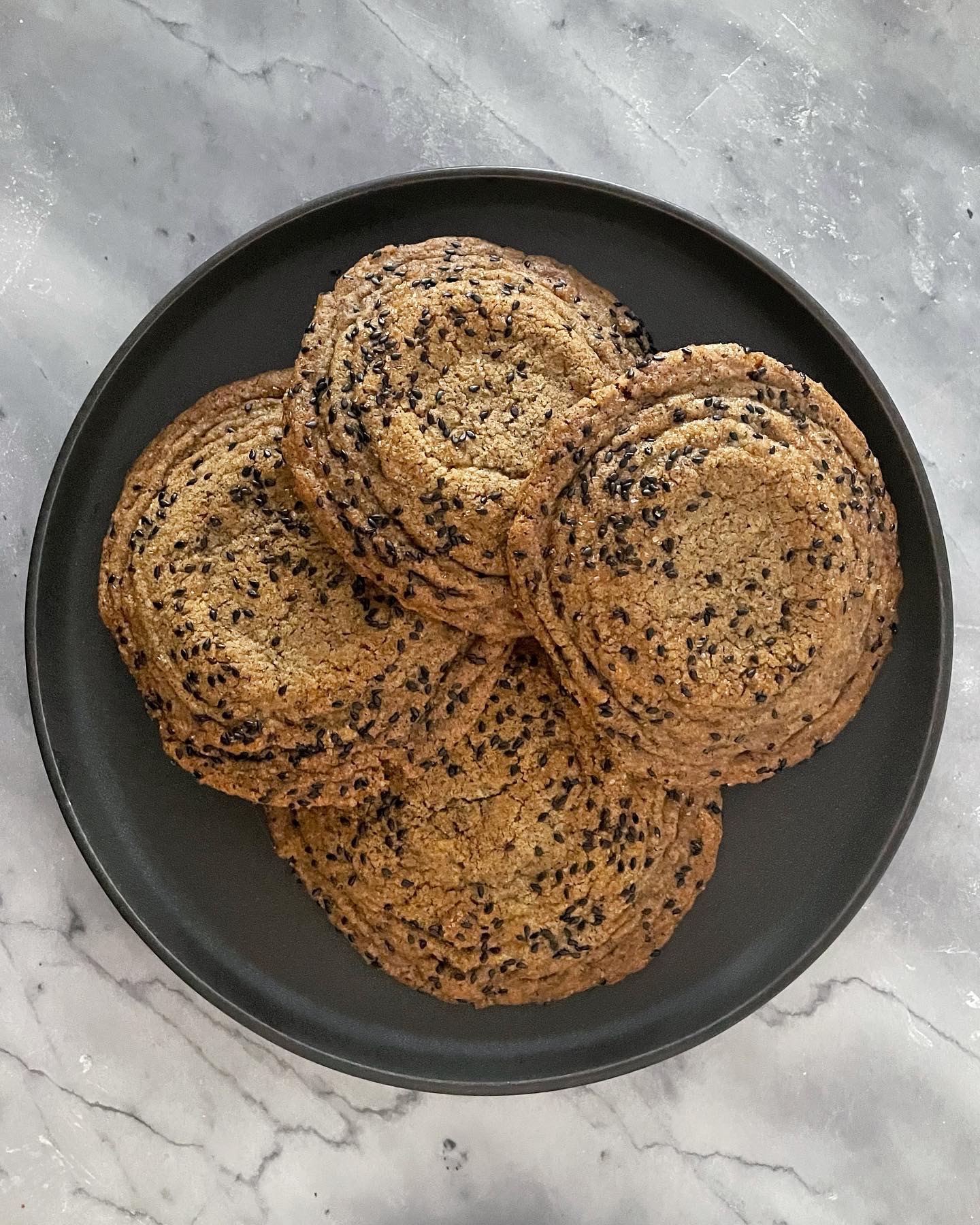

I am trying this White Kimchi. I am a little confused about what comes after the initial soak for 4 hours..?? I put all my veggies in to soak with the chopped cabbage.
After the 4 hour soak, it says rinse all the veggies. Does that mean all the veggies and cabbage that has been soaking?
Thank you
Tina
Hi Anita. Yes, that is right. You want to thoroughly rinse the salt off all the veggies. The initial salting is just to draw the moisture out of them. We then add flavor with the brining liquid.